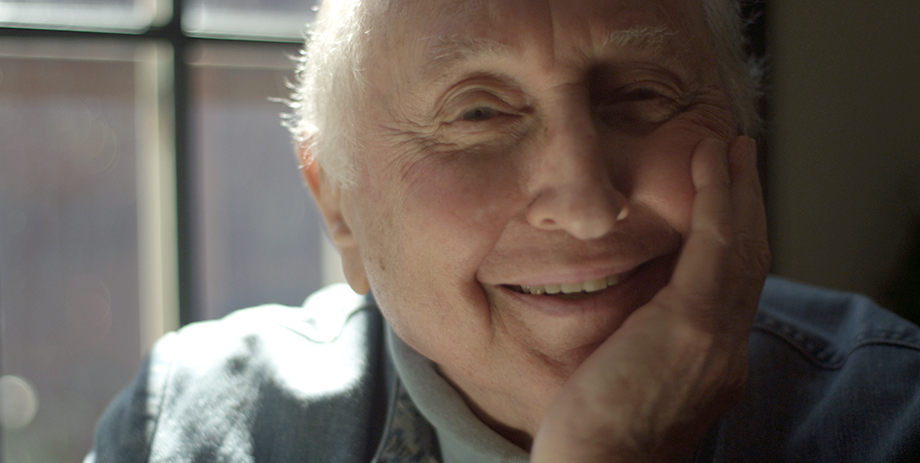Mild-mannered octogenarian Seymour Bernstein is considered a New York legend among the few who know him. Decades earlier, the once-promising musician gave up a calling as a concert pianist due to crippling performance anxiety and became a renowned piano teacher. As the subject of Ethan Hawke’s documentary Seymour: An Introduction, Bernstein is a natural talker, taking the audience on a journey through his strained relationship with his father, early career, time in Korea playing classical music for his fellow soldiers, and role as the piano teacher emeritus of Manhattan.
Sitting in on Bernstein’s piano classes are where the doc shines. Anyone who has ever taken—or suffered through—music lessons will find painful familiarity in the endless repetition of a single melody; going over and over the same notes and phrases until a player’s fingering is just so; the constant stops and starts to readjust volume, posture, or even breathing habits. What Bernstein’s classes evokes, and subsequently what Seymour: An Introduction briefly grasps at, is the meticulous technical skill that goes into artistry. These and other procedural elements—including an absorbing sequence in a Steinway selection room during which Bernstein painstakingly chooses a piano for an upcoming recital—save the film from becoming yet another mediocre profile piece.
Director Hawke (a long-time admirer of Bernstein) delivers a pleasant enough tribute to the charming raconteur. But the actor’s sporadic self-insertions into Seymour’s story are head-scratching. Each time, he attempts to offer an explanation about why he wanted to highlight Bernstein’s life and career, but it often comes out as a word salad of arty buzzwords—“authenticity,” “truth,” “passion”—all noble things, certainly, but woefully out of place in contrast with the nitty-gritty details of Seymour’s teaching style.
The glib idiom that “those who can’t do, teach” seems unduly cruel when recounting Bernstein’s situation. It fails to capture the unexpected joys that can be found when we compromise the life we may think we want for the life we have. And certainly, the hushed, awed tones of the voices of Bernstein’s students when they sing his praises are clear evidence of that. As the sage-like Bernstein relates over the course of Hawke’s film, talent is only a small fraction of what goes into making an artist shine: the rest is craft. Seymour: An Introduction is not a groundbreaking piece of non-fiction filmmaking by any means, but it’s a sweet testament to the art of hard work.





















One thought on ““Seymour: An Introduction””
Pingback: Halftime Report: The Best Films of 2015 So Far | Movie Mezzanine